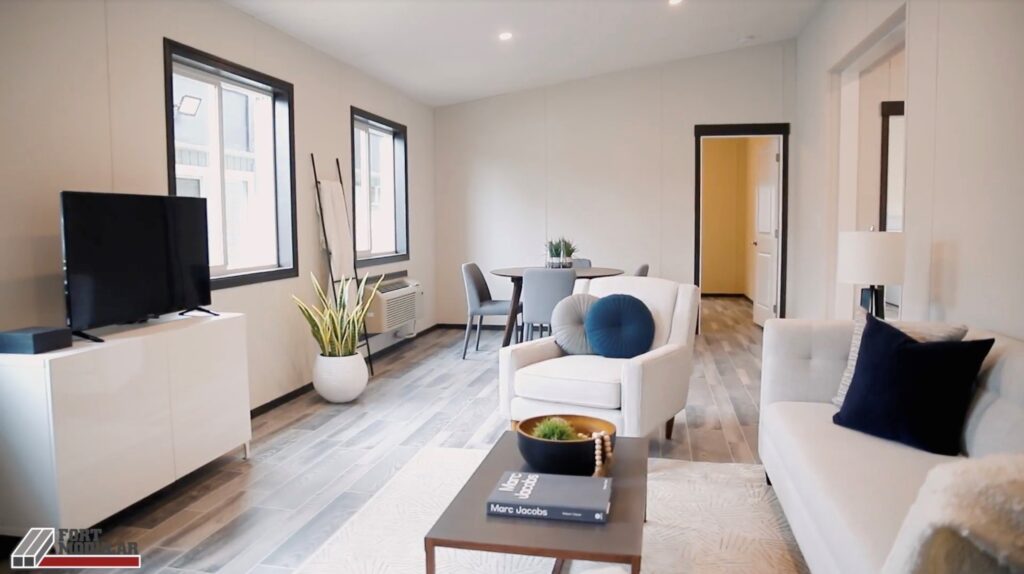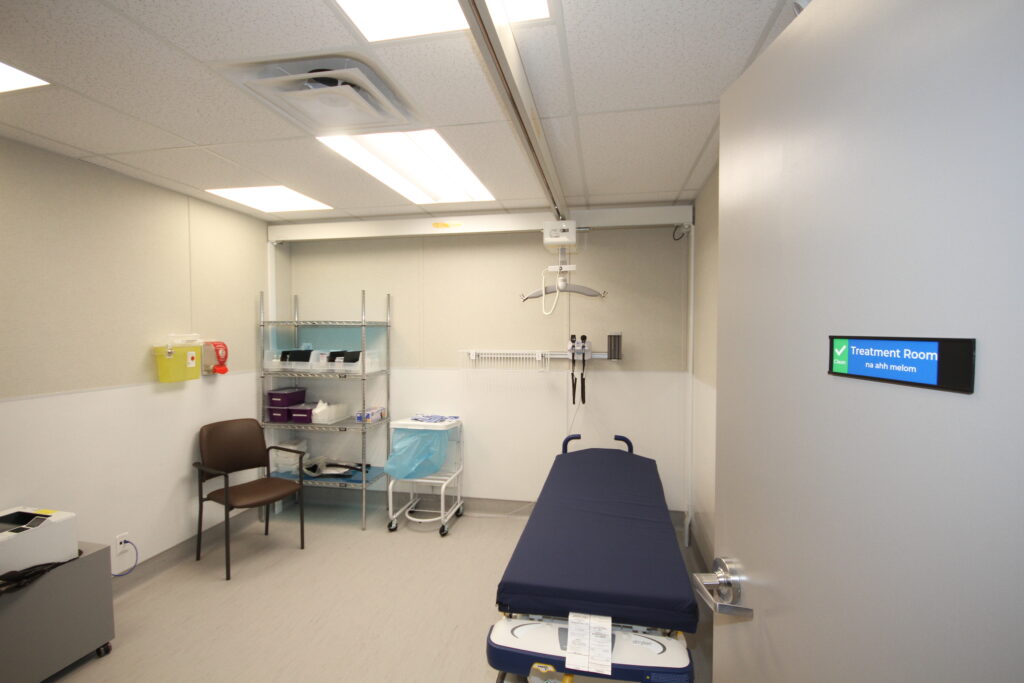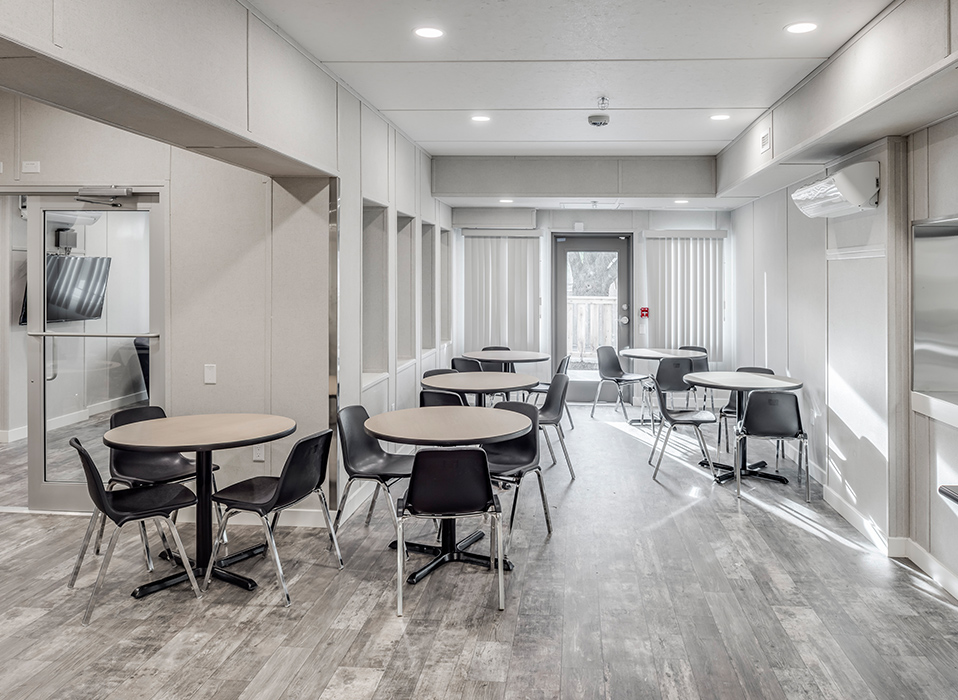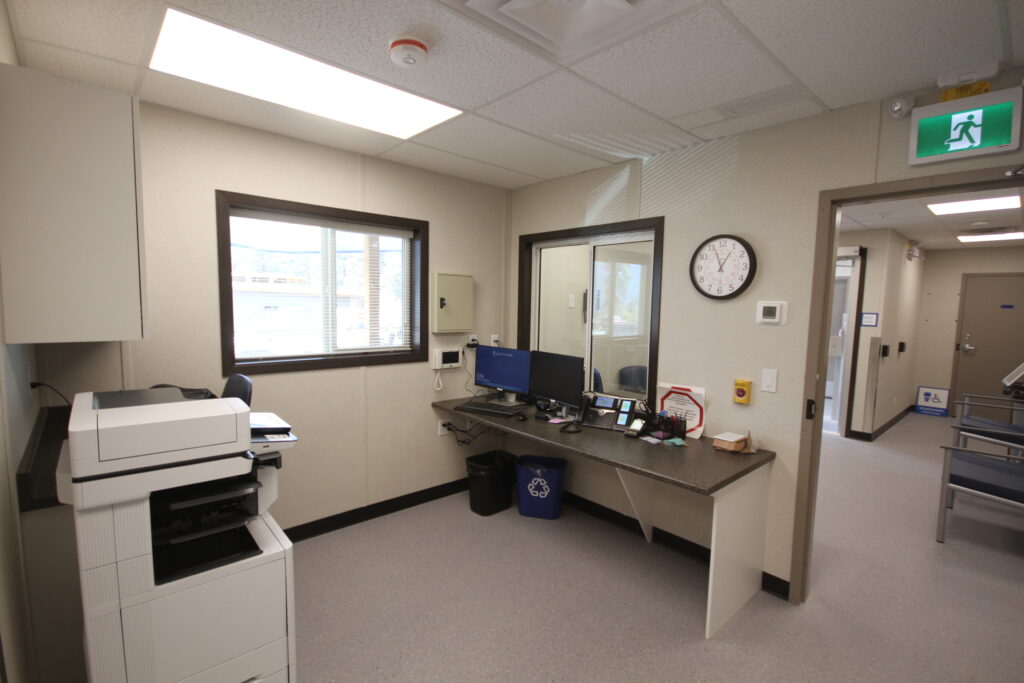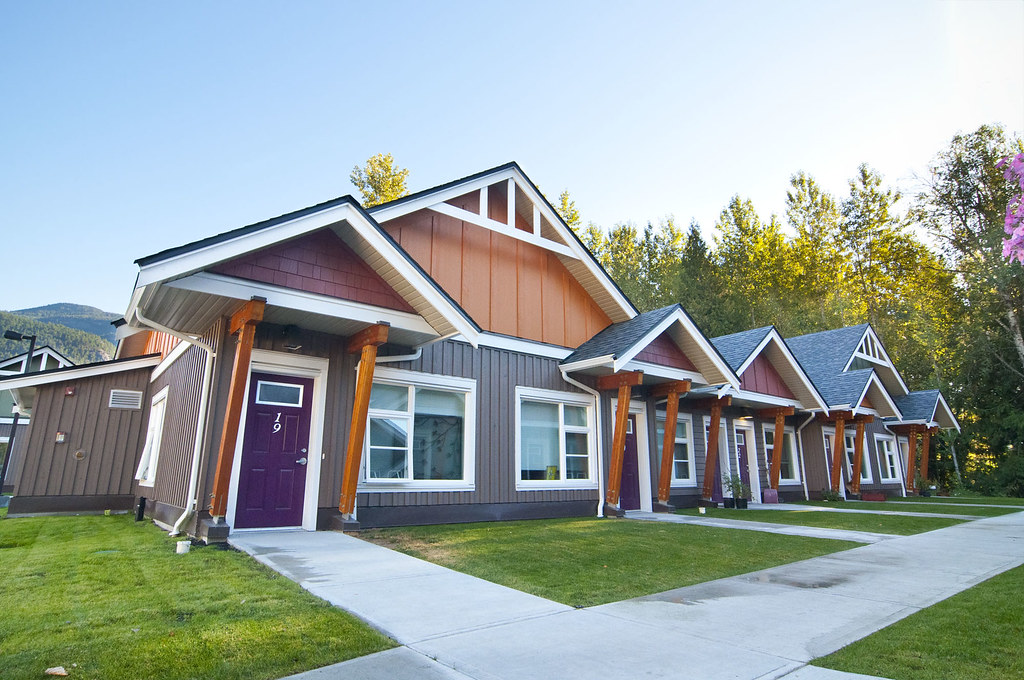
What is Modular Construction?
Modular buildings resemble traditional construction in terms of design and appearance, offering both permanent and temporary options. They are constructed in a controlled factory setting, ensuring consistent quality and reduced waste. Modular buildings use the same materials and meet the same codes and standards as traditional construction. They also meet the same building life expectancy as traditional construction, ensuring quality that lasts for years to come. Modular buildings differ from portable buildings in the sense that they don’t necessarily come with a preset design and are not typically intended for temporary use.
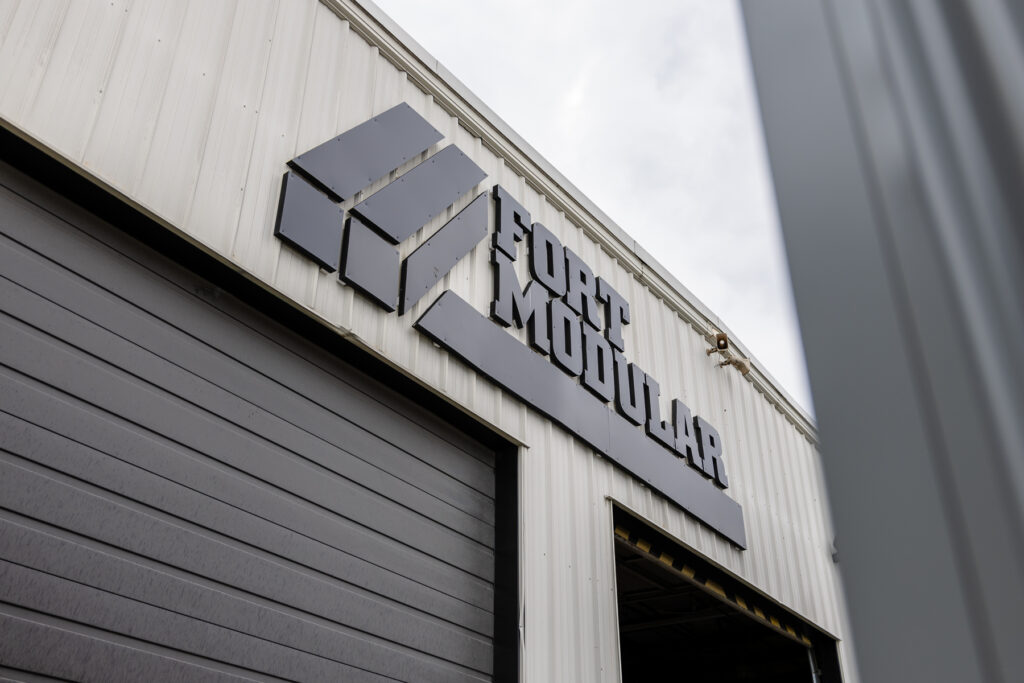
Fort Modular is at the forefront of building energy sustainable buildings, and readily designs buildings that fully meet the requirements of the new Energy Code. Fort Modular’s quality control program results in consistent, airtight Energy Code testing results that exceed other conventional stick-built wood frame buildings.EPro Consultants
Why Do Our Customers Prefer Modular?
Faster Project Delivery (by More Than 50%)
With modular buildings, manufacturing occurs alongside site development, allowing for faster project delivery. This faster delivery time makes modular buildings a great choice for hotels and housing as well as crisis response applications. There are also reduced financing requirements and positive project proforma impacts due to reduced site management, equipment rentals, security, lighting, heating, and garbage disposal.
Consistency and Replicability
Modular buildings lend themselves well to projects that require uniformity and replication. This includes schools, childcare facilities, hotels, workforce accommodations, student housing, and residential developments.
Greater Project Certainty
With greater upfront cost certainty and enhanced schedule certainty, modular buildings offer enhanced client confidence. Additional benefits include reduced project risks and reduced seasonal impacts (weather delays, etc.).
Greater Quality
Due to being constructed in a controlled factory environment, there is significantly less moisture content during manufacturing. Our factories are also CSA 277 accredited, requiring strict quality control measures above and beyond traditional construction.
Better Sound Transmission Ratings
An added benefit of modular construction assemblies is the significantly improved sound transmission ratings between floors and junction walls.
Less Site Disruption
A shortened construction process results in reduced on-site vehicle traffic, parking issues, material deliveries, and construction noise while enhancing public and worker safety.
Trade Availability
Modular construction reduces challenges for remote project sites where qualified trades aren’t readily available. It also resolves challenges in busy construction markets where qualified trades aren’t readily available, eliminating overlapping schedule delays and extended project timelines.
Sustainability
Modular buildings represent a sustainable alternative to traditional construction. They offer significant waste reduction, a reduced carbon footprint, the ability to relocate as needed, and enhanced energy efficiency.
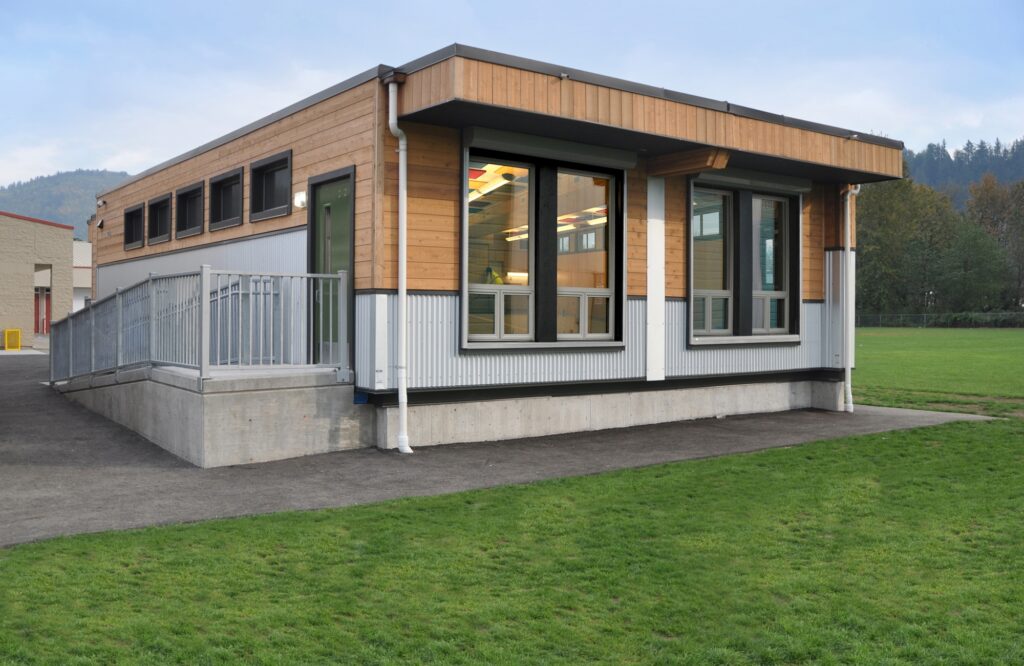
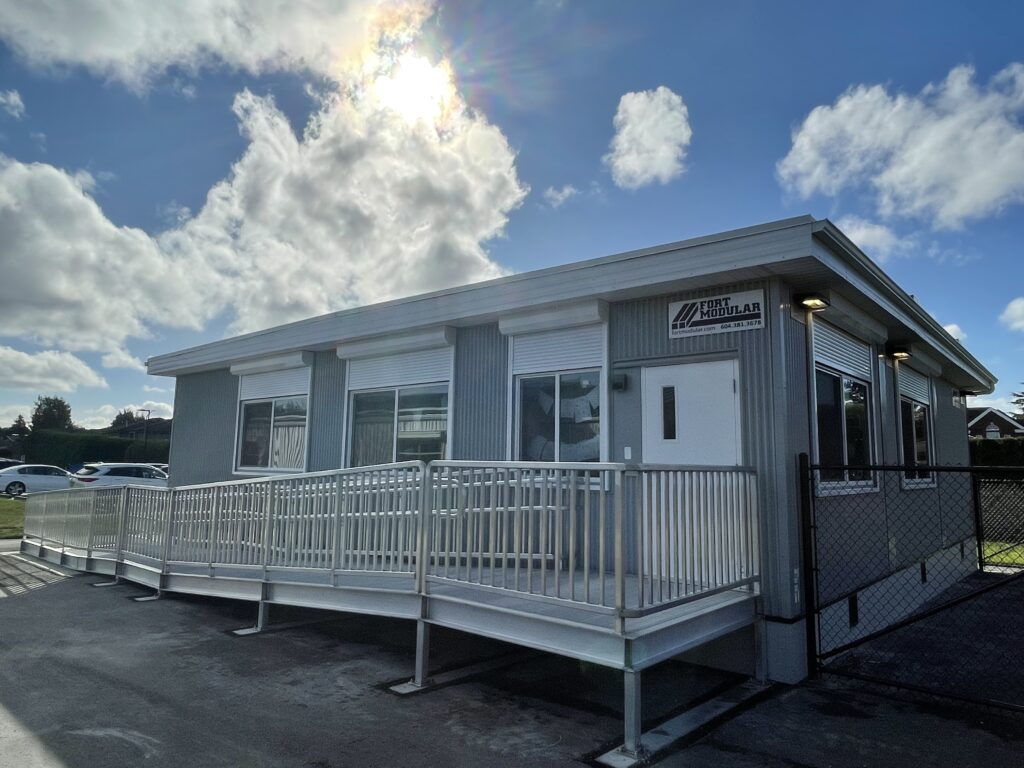
BREAKING THE MYTHS OF MODULAR DESIGN LIMITATIONS
Contrary to the misconception that modular buildings are limited in design, they can be highly customizable and allow for the incorporation of various architectural styles, finishes, and layouts.
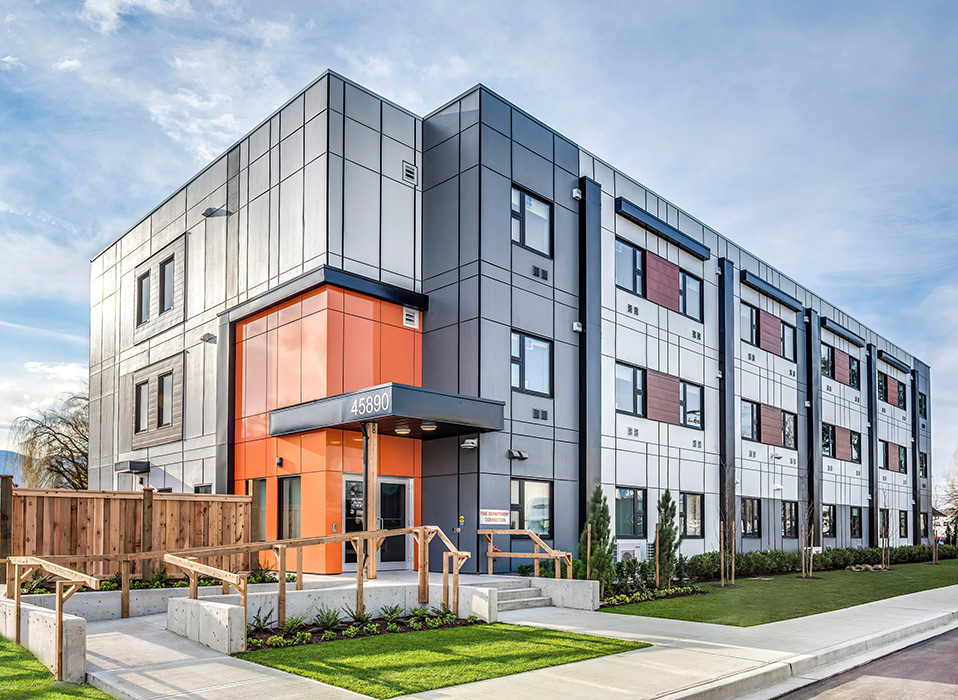
Why Choose Fort Modular?
As industry leaders and trusted advisors, Fort Modular offers a collaborative approach to assist with assessing construction methods and preconstruction planning to better ensure project success. Engaging with an experienced modular team early in the process is essential to optimizing the cost and schedule benefits of modular construction.
Design limitations are a topic that often comes up in discussions. While modular construction has many advantages, it’s restrictions on predefined modular sizes can pose challenges in some circumstances when trying to achieve highly complex or non-standard architectural designs. In these situations, Fort Modular’s team of professionals can assess for a hybrid project approach where the benefits of modular construction are mixed with other construction methods, including panelized, mass timber, or other traditional methods.
Partnerships
Integration of mechanical, electrical, and plumbing (MEP) systems, as well as structural, sprinkler, and building envelope, can be challenging for professionals without previous modular experience. Fort Modular maintains partnerships with select architects, engineers, consultants, subtrades and general contractors to ensure that we can accommodate any the requirements of any project.
Manufacturing Location
Manufacturing locations in BC provide easier access to our customers for factory inspections and coordination.
Transportation Advantage
We have manufacturing locations in BC and staging areas strategically located in the Okanagan. This means that Fort Modular is uniquely located for lower transportation costs and reduced risks.
Skilled Workforce
We utilize an in-house, skilled, and specialized workforce to ensure consistency throughout the project. This is essential for the successful construction of every modular building.
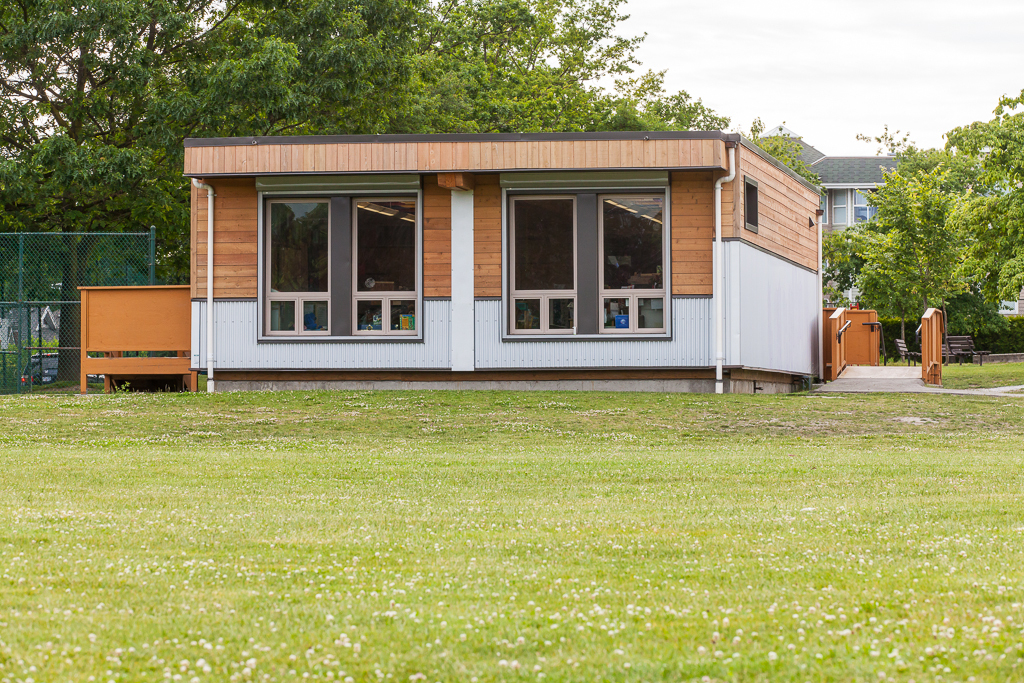
Modular fabricated buildings can achieve the same code requirements as conventional wood frame construction. Fort Modular’s factory construction benefits from reduced tolerances and from being fabricated in a controlled environment.Chad Zyla, Architect, AAA, BFA Associate Principal,S2 Architecture
Fort Modular Offerings
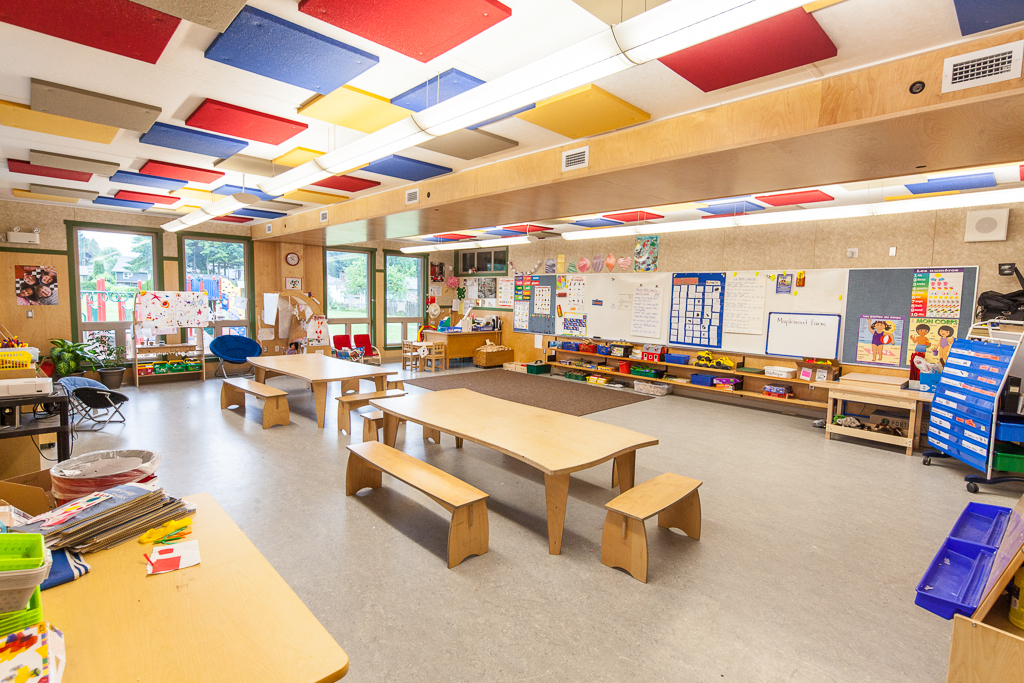
Markets
- Childcare & Education
- Commercial & Office
- Workforce & Student Housing
- Social and Market Housing
- Industrial
- Resource Sector
- Emergency Response
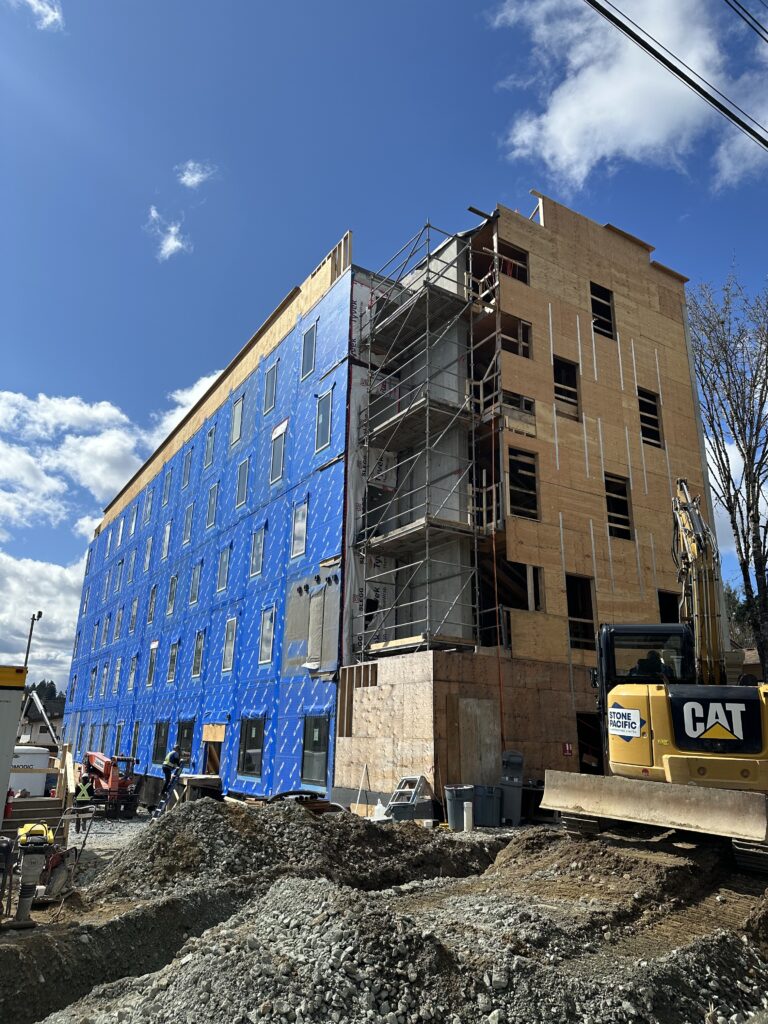
Services
- Preconstruction & Project Development
- Design
- Manufacturing
- Transportation
- Modular Installation
- General Contracting
- Modular Relocations & On-Site Servicing
